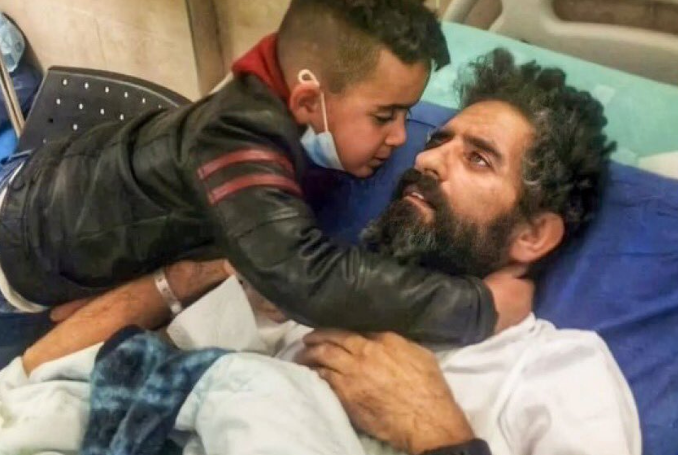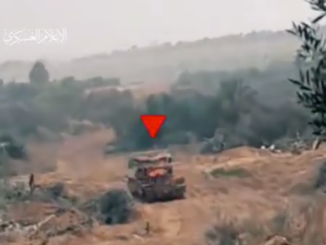
Palestinian Prime Minister Mohammad Shtayyeh called for international intervention on Monday to secure the release of a dying hunger-striking prisoner.
Speaking during the weekly cabinet session in Ramallah, Shtayyeh stated that he was closely monitoring the health condition of Hisham Abu Hawash, who has been on a hunger strike for 140 days in protest of his administrative detention in Israeli custody.
Palestinian prisoner Hisham Abu Hawwash is almost considered clinically dead after a 139 hunger strike for administrative detention in an Israeli jail. #FreeHisham & all political prisoners in 2022. pic.twitter.com/cnk0xxUAji
— Mnar Adley #FreePalestine (@MnarMuh) January 2, 2022
He added that he sent letters to all relevant international institutions, urging them to put pressure on Israel to secure the immediate release of Abu Hawash, who is now facing imminent death.
He concluded that there are 4,600 Palestinian detainees, including minors, children and elderly, who are languishing in Israeli prisons.
Over the weekend, the father of five from the southern West Bank town of Dura fell into a coma due to his hunger strike, which has caused a significant deterioration of his health, vision, and ability to speak; as well as problems with his heart muscle and muscle atrophy.
Emad, the brother of the hunger-strike prisoner Hisham Abu Hawwash, reports that his brother is facing death at any moment by now. Yet, the international community fails to act howsoever.#SaveHisham pic.twitter.com/KQ5c7UGK1E
— Issam Adwan ?? (@Issam_Adwan) January 2, 2022
Doctors have warned that he may enter a critical stage at any time.
The International Committee of the Red Cross said medical teams that visited Abu Hawash had found him “in critical condition requiring expert clinical monitoring.” It issued a statement warning of “potentially irreversible health consequences and possible tragic loss of life.”
Israel’s widely condemned practice of administrative detention allows the detention of Palestinians without charge or trial for renewable intervals ranging between three and six months based on undisclosed evidence that even a detainee’s lawyer is barred from viewing.
(WAFA, PC, Social Media)







